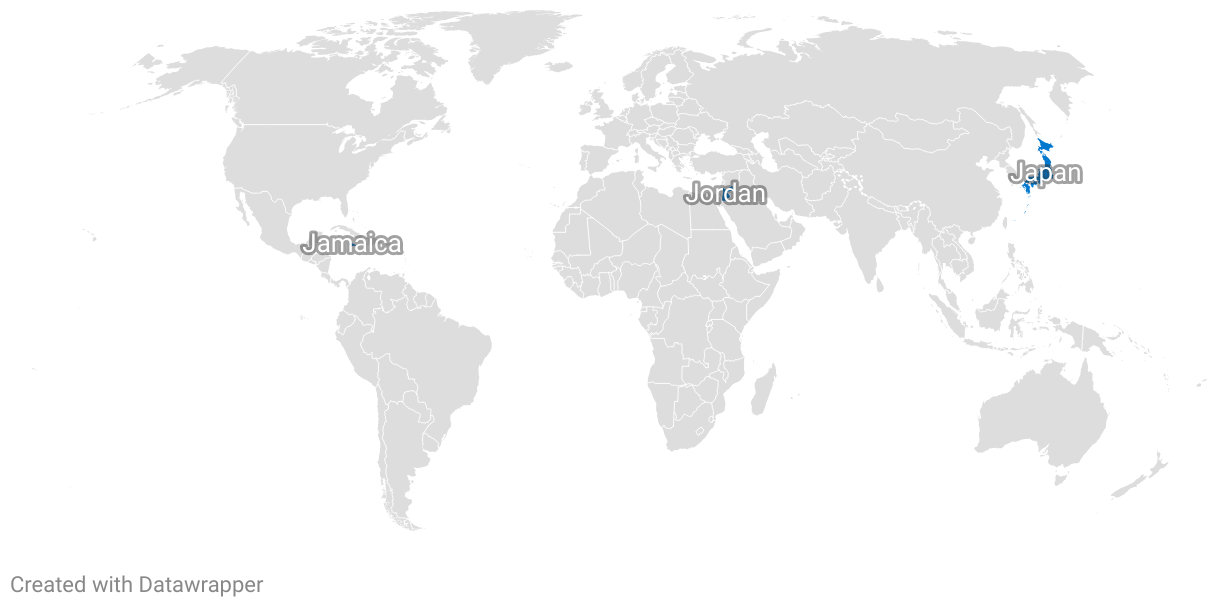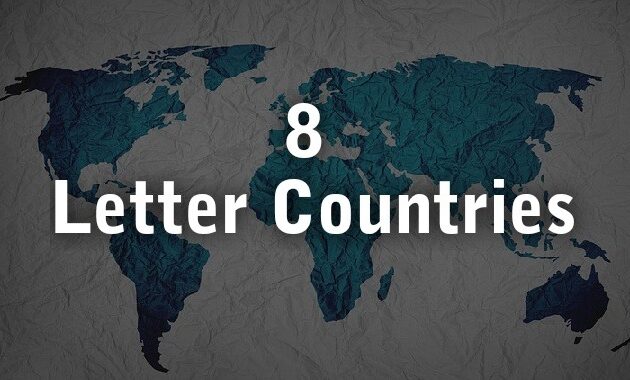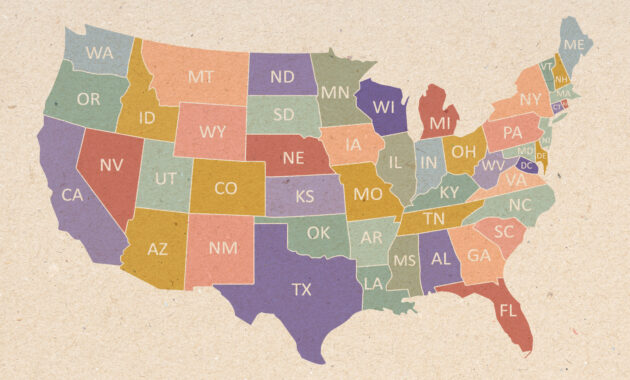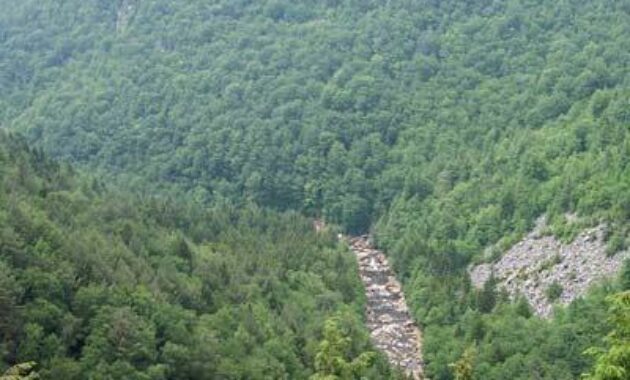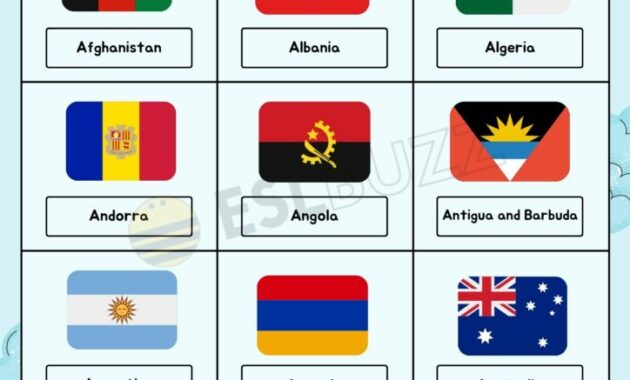Exploring the diverse tapestry of nations across the globe unveils a fascinating array of cultures, histories, and geographical landscapes. Today, we embark on a journey to discover countries whose names grace the world map with the letter “J.” These nations, scattered across continents, each possess a unique identity and contribute to the global mosaic in significant ways.
Jamaica
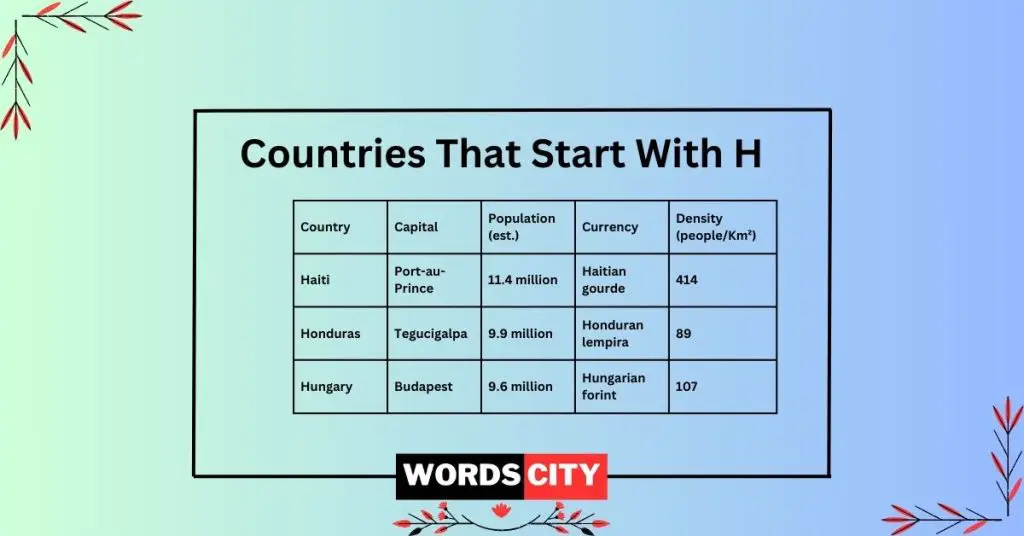
Nestled in the heart of the Caribbean Sea, Jamaica is an island nation renowned for its vibrant culture, stunning natural beauty, and significant contributions to music and sports. With a population of approximately 2.8 million people, Jamaica boasts a rich history shaped by its indigenous roots, colonial past, and the resilience of its people. Kingston, the bustling capital city, serves as the island’s economic, political, and cultural hub. The Jamaican dollar (JMD) is the official currency, facilitating transactions within the country’s diverse economy, which relies heavily on tourism, agriculture, and remittances from abroad. The island’s economy has faced challenges, including high debt levels and vulnerability to natural disasters, but ongoing efforts focus on diversification and sustainable development.
Jamaica’s cultural influence extends far beyond its shores, most notably through reggae music. Artists like Bob Marley have captivated global audiences with their soulful melodies and socially conscious lyrics. The rhythmic sounds of reggae are deeply intertwined with Jamaican identity and continue to inspire musicians worldwide. Beyond music, Jamaica is celebrated for its athletes, who consistently excel in track and field events, often dominating international competitions. Usain Bolt, the world’s fastest man, is a national hero and a symbol of Jamaican athleticism. The country’s motto, “Out of Many, One People,” reflects the diverse ethnic heritage of its population, which includes African, European, Chinese, and Indian ancestry. This melting pot of cultures has contributed to a unique Jamaican identity that is both vibrant and complex.
The island’s landscape is equally captivating, featuring lush rainforests, cascading waterfalls, and pristine beaches. The Blue Mountains, a UNESCO World Heritage Site, offer breathtaking views and are home to a unique ecosystem. Tourism plays a vital role in Jamaica’s economy, attracting visitors from around the world who come to experience the island’s natural beauty, vibrant culture, and warm hospitality. Ecotourism initiatives are gaining momentum, promoting sustainable practices and protecting the island’s fragile environment. Jamaica faces challenges related to environmental sustainability, including deforestation, pollution, and climate change impacts. Efforts are underway to address these challenges through conservation programs and renewable energy initiatives.
Japan

Located in East Asia, Japan is an archipelago nation renowned for its technological innovation, rich cultural heritage, and stunning natural landscapes. With a population of over 126 million people, Japan is one of the world’s most densely populated countries. Tokyo, the vibrant capital city, serves as a global center for finance, commerce, and culture. The Japanese Yen (JPY) is the official currency, reflecting the country’s strong and diversified economy. Japan’s economy is characterized by its advanced manufacturing sector, technological prowess, and emphasis on innovation.
Japan’s cultural heritage is deeply rooted in its ancient history, with influences from Shinto and Buddhist traditions. Traditional arts such as calligraphy, tea ceremony, and martial arts continue to thrive alongside modern cultural expressions. Anime, manga, and video games have gained international popularity, showcasing Japan’s creative talent and cultural influence. Japanese cuisine is renowned for its delicate flavors, fresh ingredients, and meticulous presentation. Sushi, ramen, and tempura are just a few examples of the culinary delights that have captured the hearts of food enthusiasts worldwide. The concept of “omotenashi,” which emphasizes exceptional hospitality and customer service, is deeply ingrained in Japanese culture.
Japan’s landscape is characterized by its mountainous terrain, volcanic activity, and stunning coastlines. Mount Fuji, an iconic symbol of Japan, is a majestic stratovolcano that attracts climbers and tourists from around the world. The country experiences a range of climates, from subtropical in the south to temperate in the north, resulting in diverse ecosystems and seasonal beauty. Cherry blossoms, known as “sakura,” are a national symbol and a beloved springtime spectacle. Japan is a world leader in robotics, artificial intelligence, and automation. The country’s commitment to technological innovation has led to advancements in various industries, including transportation, healthcare, and manufacturing.
Japan faces challenges related to an aging population, declining birth rate, and dependence on imported resources. The government is implementing policies to address these challenges, including promoting immigration, increasing social security benefits, and investing in renewable energy sources. Despite these challenges, Japan remains a global leader in innovation, culture, and technology. The country’s resilience, adaptability, and commitment to excellence continue to inspire people around the world. Japan’s contributions to science, technology, and the arts have had a profound impact on global society. From its ancient traditions to its cutting-edge innovations, Japan offers a unique blend of the old and the new.
Jordan

Located in the Middle East, Jordan is a kingdom steeped in history, renowned for its ancient archaeological sites, hospitable culture, and strategic geopolitical position. With a population of approximately 11 million people, Jordan is a relatively small country surrounded by larger and often more volatile neighbors. Amman, the bustling capital city, serves as the country’s political, economic, and cultural center. The Jordanian Dinar (JOD) is the official currency, reflecting the country’s efforts to maintain economic stability in a challenging regional environment. Jordan’s economy relies on tourism, foreign aid, and remittances from Jordanians working abroad.
Jordan’s history dates back to ancient times, with evidence of human settlement dating back millennia. The Nabataean kingdom, which flourished in the region centuries ago, left behind the magnificent city of Petra, a UNESCO World Heritage Site carved into sandstone cliffs. Petra is Jordan’s most famous tourist attraction, drawing visitors from around the world who come to marvel at its architectural wonders. Other significant historical sites include Jerash, a well-preserved Roman city, and Madaba, known for its Byzantine mosaics. Jordan’s strategic location has made it a crossroads for trade and cultural exchange throughout history.
Jordan’s landscape is diverse, ranging from the arid deserts of Wadi Rum to the fertile Jordan River Valley. The Dead Sea, the lowest point on Earth, is a unique natural wonder known for its high salt content and therapeutic properties. Tourism plays a crucial role in Jordan’s economy, with visitors drawn to the country’s historical sites, natural wonders, and warm hospitality. Jordan has made significant efforts to promote sustainable tourism practices, protecting its cultural heritage and natural environment. The country faces challenges related to water scarcity, environmental degradation, and regional instability.
Jordan has played a significant role in regional diplomacy, serving as a mediator in various conflicts and promoting peaceful solutions. The country has maintained stable relations with its neighbors, despite the turbulent political landscape of the Middle East. Jordan is a constitutional monarchy, with King Abdullah II serving as the head of state. The country has made progress in promoting democracy and human rights, but challenges remain in areas such as freedom of expression and political participation. Jordan’s commitment to education and human development has contributed to a relatively high level of literacy and social progress. The country faces ongoing challenges related to economic inequality and unemployment.
In conclusion, the countries starting with the letter “J” represent a diverse array of cultures, histories, and geographical landscapes. From the vibrant island nation of Jamaica to the technologically advanced society of Japan and the historically rich kingdom of Jordan, each country offers a unique perspective on the world. Despite their differences, these nations share a common thread of resilience, adaptability, and a commitment to shaping their own destinies on the global stage.
If you are searching about COUNTRIES THAT START WITH J LETTER FULL OVERVIEW – lavaindy you’ve came to the right web. We have 5 Pics about COUNTRIES THAT START WITH J LETTER FULL OVERVIEW – lavaindy like Countries That Start With J : Capitals, Currency and Population – Words, Countries That Start with J 2024 and also Countries That Start with J 2024. Read more:
COUNTRIES THAT START WITH J LETTER FULL OVERVIEW – Lavaindy
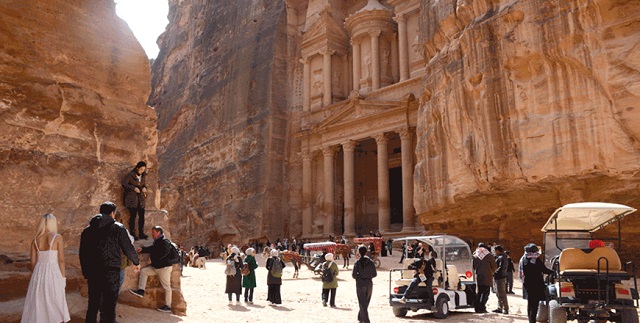
lavaindy.com
Countries That Start With J : Capitals, Currency And Population – Words

wordscity.com
Countries That Start With J 2024

www.datapandas.org
Countries That Start With J: J Countries With Interesting Facts – ESLBUZZ

www.eslbuzz.com
Countries That Start With J – Ink Fruit
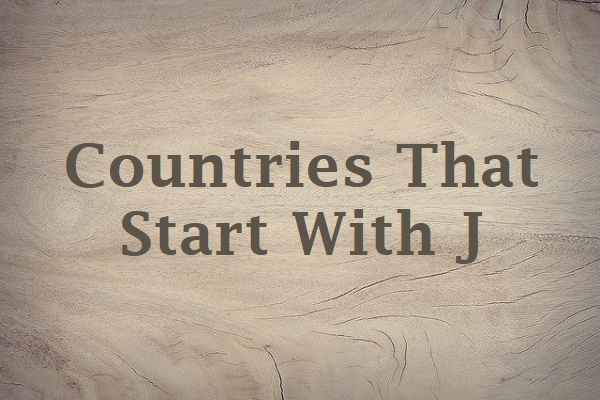
inkfruit.com
Countries that start with j 2024. Countries that start with j. Countries that start with j: j countries with interesting facts

